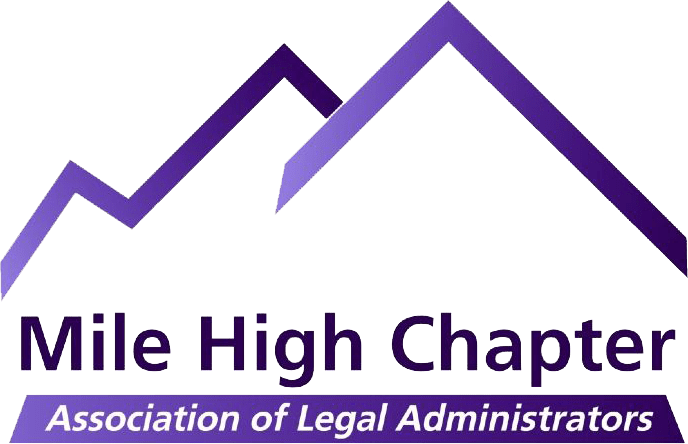By: Sybil Taylor Aytch, M.Ed., RP®
The emphasis on exemplary communication skills in the legal profession is paramount to professional interactions. Effective communicators avoid bias in communication when writing or speaking and seek to change familiar communication patterns to create a perception of acceptance and fairness. Consequently, it is imperative to be astute enough to recognize the nuances that are vital in establishing and maintaining equitable communications.
Equitable communications require an awareness that biased language needs to be avoided. Using terminology such as “nonlawyer” is not in accordance with the trend for increased diversity, equity, and inclusion in the legal profession. Why are we the only profession where one is defined by what one is not? The term “business professional” is being increasingly used at many law firms and legal organizations for those who do not hold law degrees and are not licensed lawyers.
Avoiding biased language also includes eliminating terminology that is minimizing or diminishing. A term that is frequently used but is not inclusive is “minority”, a word that denotes “less than”. When referring to particular groups, rather than using the word “minorities”, the terms “diverse populations” or “equity seeking communities” are more inclusive and affirming.
It is also important to be aware of language that perpetuates stereotypes. Amazingly, the term “Chinese wall” is still utilized in some sectors of the legal community when discussing conflicts of interest and screens related to ethics and professional responsibility. The term “ethical wall” has been the industry standard for nearly two decades. There is increasing awareness in the legal profession that representation matters, and that being seen and heard are important tenets of diversity, equity, and inclusion initiatives. Representation in communications is just as important. For example, rather than blanket use of the word “holiday”, which can have a religious connotation, the terms “celebration” or “commemoration” should also be utilized as examples of more inclusive terminology.
Here are some things to remember about bias-free language:
- Avoids discrimination or micro-inequities.
- Includes all constituencies.
- Helps to sustain goodwill.
- Welcomes and validates.
- Decreases individual and group diminution.
- Incorporates active listening skills.
- Complies with current practices and standards.
Striving to seek equity in communications can directly foster a sense of belonging. Interrupt communication inequities by assessing your communication acumen, eliminating your language biases, incorporating contemporary terminology, and developing healthy listening strategies.
Sybil Taylor Aytch is RMPA’s Director of Academics & Education. She is a member of the International Practice Management Association (IPMA) where she serves as DEI Committee cochair. She also serves as a member of the Arizona Supreme Court Commission on Diversity, Equality, and Justice in the Judiciary. She is the 2023 recipient of the National Federation of Paralegal Association’s Justice Champion Award and was the inaugural recipient of IPMA’s Diversity Champion Award in 2024.




